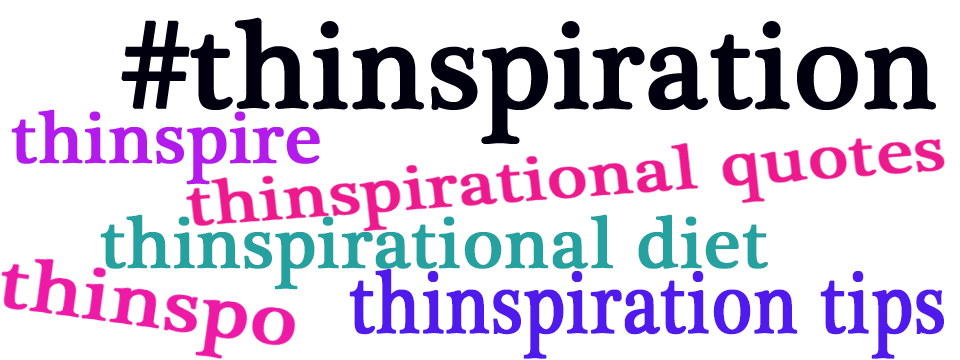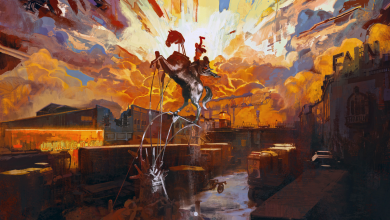THINSPIRATION

Pepperoni pizza casserole… chocolate caramel brownies… a recipe for Paula Dean’s meatloaf. No these are not excerpts from a comfort foods cookbook; they come from the front page of Pins from my Pinterest.com account. While I have my own personal reservations about Pinterest.com, one of the main reasons I keep logging in is for the visuals of tasty food that I know I could never create. But what ruins my food gawking are the incessant Pins alongside such good food that showcase protruding ribcages, concave stomachs, or incredibly chiseled women all under the hash tag of “Thinspiration”.
Posts and blogs catering to pictures of extremely thin bodies, “self-encouragement”, and lofty weight loss goals have exploded over the internet via numerous websites similar to Pinterest such as Reddit, Tumblr, Facebook, and Instagram.
Despite the seemingly good intentions of promoting healthy eating and exercise, thinspired posts have had adverse affects and created controversy for sparking a culture encouraging eating disorders.
Since March 2012, Pinterest revised their Terms of Service and Acceptable Use Policy to ban any content that “creates a risk of harm, loss, physical or mental injury, emotional distress, death, disability, disfigure- ment, or physical or mental illness to yourself, to any other person, or to any animal”. As well as their updat- ed policies against dangerous images, Pinterest also added this disclaimer as pro-anorexic buzzwords are searched:
“Eating disorders are not a lifestyle choice, they are mental disorders that if left untreated can cause seri- ous health problems or could even be life threatening. For treatment referrals, information, and support, you an always contact the National Eating Disorders Association helpline at 1-800-931-2237 or www.nationaleatingdisorders.org.”
No longer do I see images of women showing off their tape-measured waists or hateful messages like “The voice telling you that you can’t is a lying slut”. I now get a different sort of posts that give women other reasons to lose weight and be thin: pictures of super models and celebrities in haute couture, attrac- tive males, and pictures of traveling.
With the tabloid pictures of Angelina Jolie, Keira Knightley, and Emma Stone, again women are look- ing toward celebrities for body image cues. Interestingly, Pinners also use fashion as a motive for weight loss under the assumption that non-thin bodies can- not wear fashion-forward apparel (implying that the more overweight a person is, the less likely they are to fit clothes or express interest in fashion).
Using men as a motive is also an age-old motivation. According to the ongoing stereotype, men like skinny girls—enough said. So why not work hard to achieve the dream man who only seeks your attention after you’ve lost 20 pounds? It also provides more “inspiration” to be thin since all of the Pins of men are shirtless and chiseled.
Lastly, the comments about the availability to travel implies another harmful assumption; only once you get the body you desire can you truly start living and explore the world.
This particular Pin shows a checklist for different tourist destinations for when she attains the ideal weight. Why would your weight matter for travelling? So that people can comment on your amazing profile picture in Greece. You can show of your will power by resistings all of the tantalizing foods from around the world. Not too mention, women would want to loose weight to avoid fitting the “fat American” stereotype. The world essentially becomes such a better, more enjoyable place when you are 20 pounds lighter.
As a business, Pinterest has done all that it can in terms of legality to create a shift in how women perceive their bodies, but what the organizers of Pinterest fail to recognize is that it is not solely social media itself that fosters insecurity in women — it is deep rooted within each women that posts anything with #thinspo.




